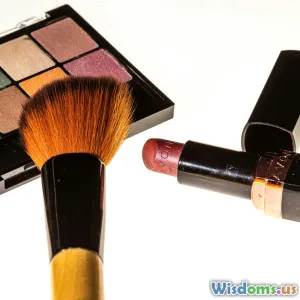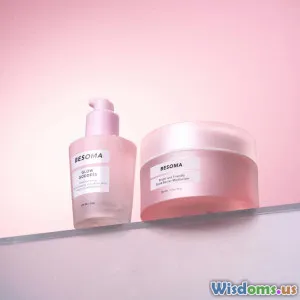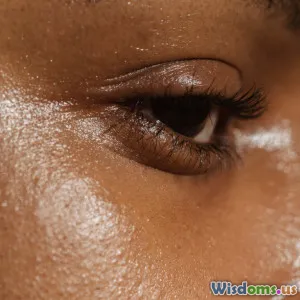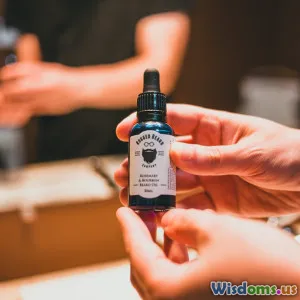
Is Beard Oil Really Worth The Hype For Men
16 min read Explore whether beard oil lives up to the hype, examining its real benefits for men's grooming routines. (0 Reviews)
Is Beard Oil Really Worth The Hype For Men?
Beards aren't just a fashion statement—they're an expression of personality, a testament to patience, and, sometimes, a source of pride. As the grooming industry has blossomed, beard oil has taken center stage, touted as an essential for every bearded gentleman. But does it really live up to the hype? Let's dive deep into what beard oil is, how it works, its actual benefits, and whether it's truly indispensable in the modern man's routine.
The Origins and Essentials of Beard Oil
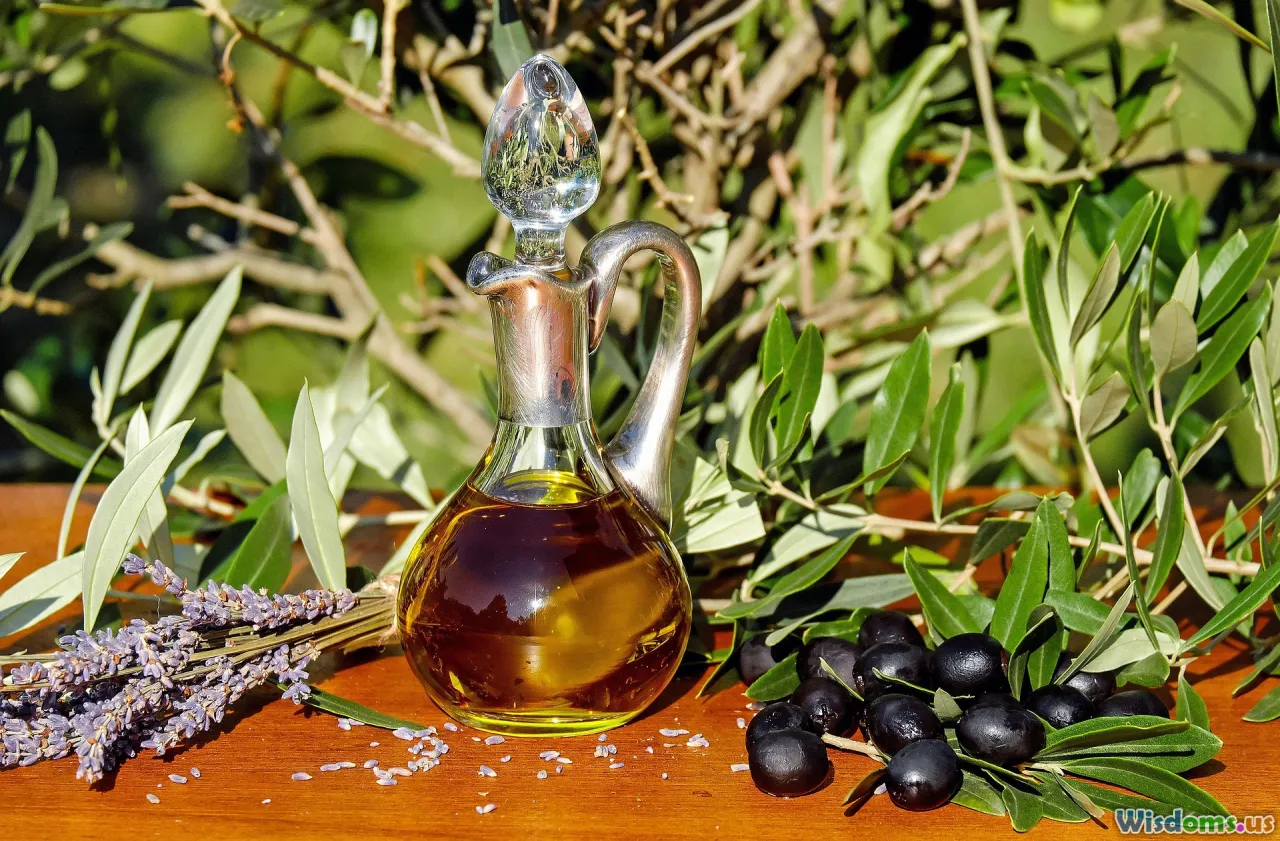
Beard oil's roots run deeper than you might think. Ancient men didn’t have access to today's fancy grooming kits, but they did use natural oils and balms to maintain their whiskers. Today, beard oil is typically a blend of carrier oils (like jojoba, argan, grapeseed, or coconut) and essential oils (for fragrance or added benefits), often bottled in small droppers.
According to grooming historians, Victorian-era men commonly used macassar oil—a fragrant concoction of coconut or palm oil and ylang-ylang—to keep their whiskers pliable and lustrous. Fast forward, and the likes of beard aficionados on YouTube and Instagram have brought the oil into vogue.
- Carrier oils moisturize, soften, and nourish the skin beneath the beard.
- Essential oils add scent, and in some cases, antimicrobials or soothing properties.
Fact: Modern beard oils avoid synthetic additives, focusing on skin-friendly, non-comedogenic ingredients that reduce the risk of clogged pores.
Addressing the Common Beard Dilemmas
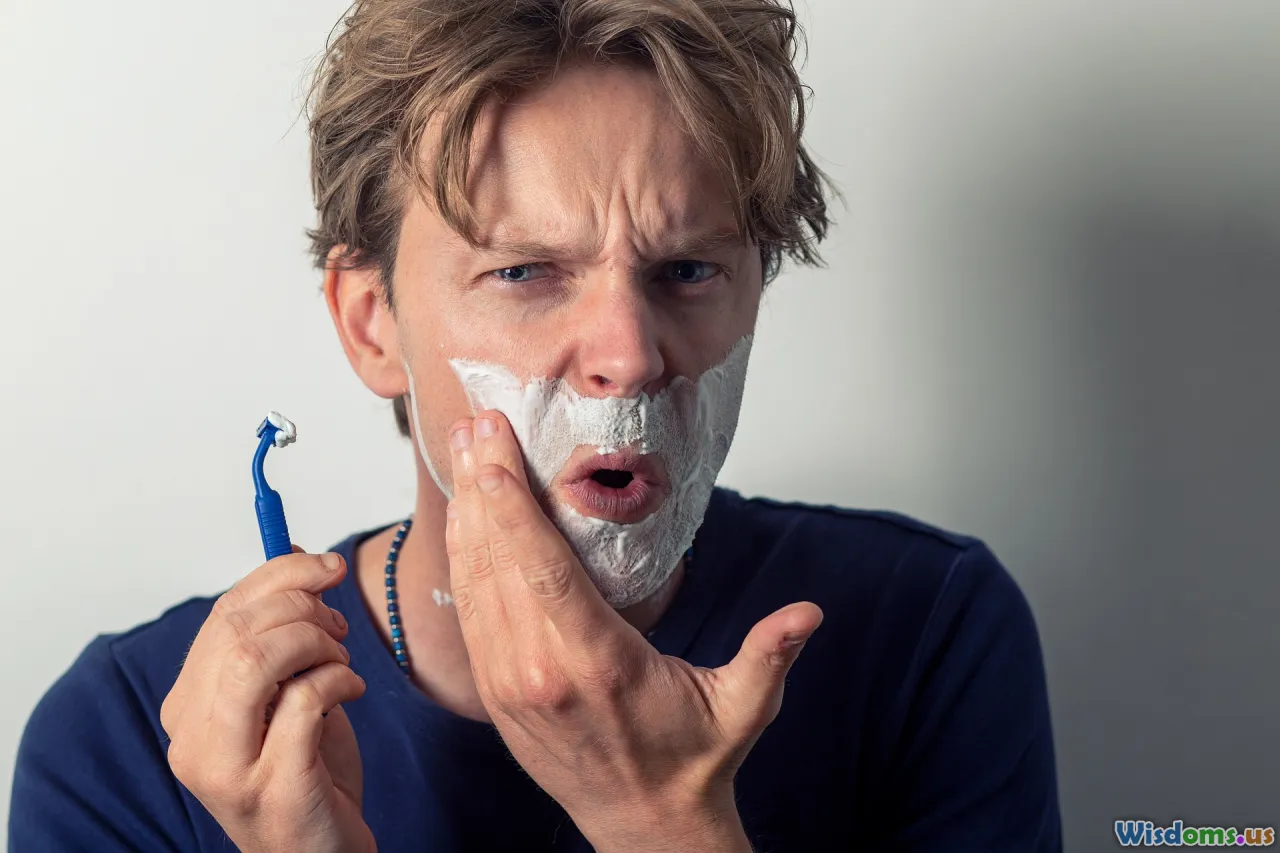
Noticed beard itch or dandruff? You're not alone. These common gripes often stem from two main problems: dry facial skin and rough beard hair. Neither are particularly attractive—or comfortable.
Dry Skin Under the Beard
As your beard grows, it draws natural oils away from the skin, resulting in dryness or 'beardruff'—beard dandruff. This can lead to flaky skin and visible white specks.
Example: John, a 32-year-old graphic designer, struggled with flaking on his dark clothes. "Beard oil, used daily, made all the difference. Within a week, the itch and flakes were noticeably reduced."
Coarse, Unruly Beard Hair
Facial hair is thicker and more wiry than the hair on your head. Without moisture, it can appear bushy, tangled, and wiry.
- Beard oil softens the strands, helping them align smoothly. Essential for those aiming for that Instagram-worthy, touchable beard.
Actionable Tip:
Apply beard oil after showering when pores are open and the hair is clean. Use 3–6 drops (more for longer beards) and work it down to the skin with your fingertips or a beard brush.
Debunking Beard Oil Myths
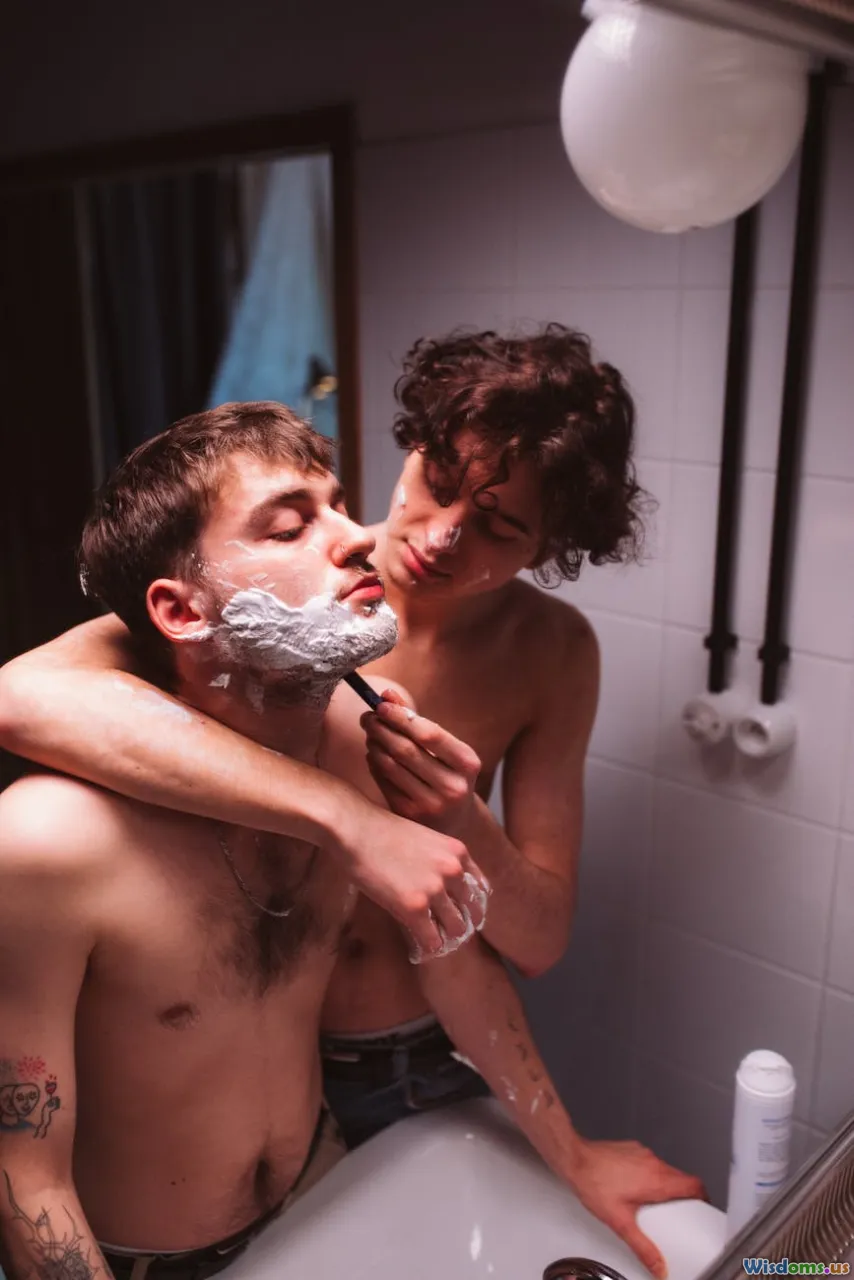
Many men wonder, "Is beard oil just another overhyped product?" It’s time to separate the facts from the fiction.
Myth 1: "Beard Oil Makes Hair Grow Faster"
Reality: Beard oil won't speed up beard growth. Genetics, hormones, and age are the primary factors controlling hair growth. However, by moisturizing the skin and keeping follicles healthy, beard oil may help create an optimum environment for hair growth, reducing breakage or split ends.
Myth 2: "Oily Skin Can’t Tolerate Beard Oil"
Not true. Lightweight, non-comedogenic oils like jojoba and argan closely mimic your skin’s natural sebum, often balancing oil production rather than aggravating it.
Case in Point:
Dermatologists often recommend jojoba oil for its similarity to sebum. In a 2021 study published in the Journal of Dermatology, lightweight oils were shown to aid barrier repair, even for oily, sensitive skin types.
Myth 3: "Beard Oil and Beard Balm are the Same"
Wrong. Beard Balm is generally heavier (includes butters and waxes), offering hold and sculpting power, while beard oil emphasizes hydration and flexibility.
Inside the Ingredients: What Makes Beard Oil Effective?
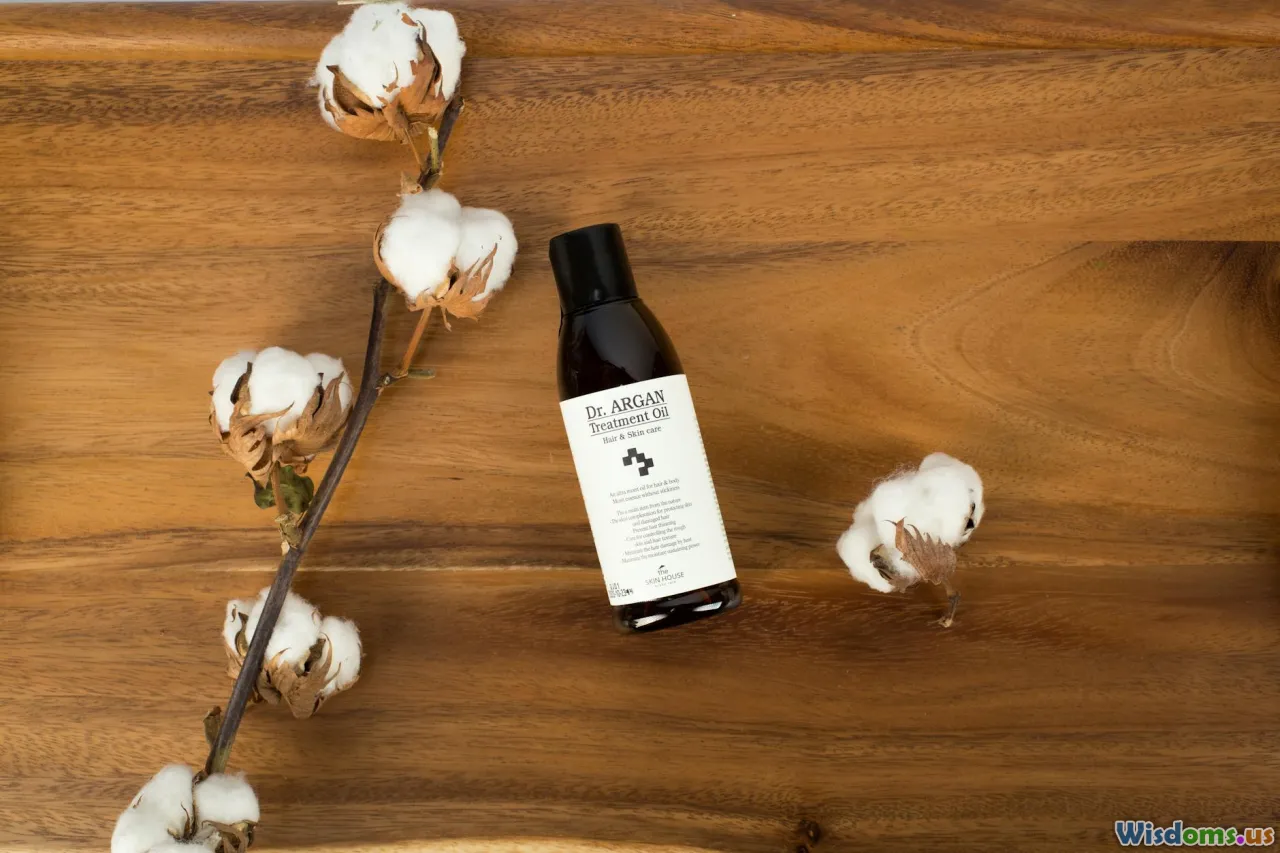
When examining whether beard oil is worth it, ingredient quality matters. Here's a breakdown:
Jojoba Oil
Closest to human sebum, soaks into both skin and hair without greasiness, excellent for hydration.
Argan Oil
Nicknamed "liquid gold," argan oil is rich in Vitamin E and fatty acids, helping restore hair shine and elasticity.
Grapeseed and Coconut Oils
Both are lightweight and anti-inflammatory; ideal for sensitive skin or those prone to redness.
Essential Oils
Fragrances range from woodsy cedarwood to zesty citrus. Some oils—like tea tree and eucalyptus—are antifungal, which can be beneficial for those prone to skin issues.
Tip: Always patch-test new products, especially if your skin is sensitive, as essential oils may cause irritation in some individuals.
The Science: What Do Dermatologists Say?
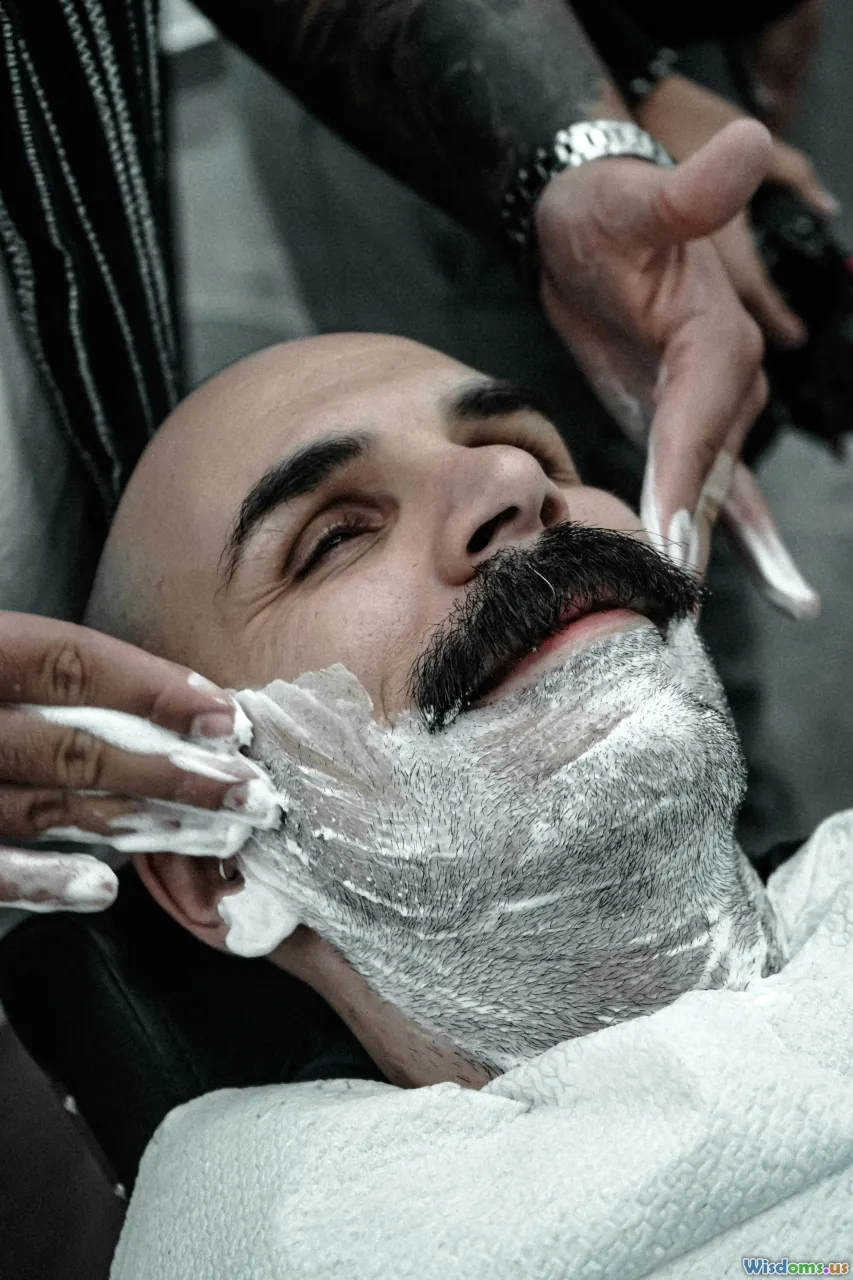
While beard oil isn't medicine, dermatologists do back its core claims: hydration and improved skin barrier function.
Dr. Alex G, a board-certified dermatologist, explains: "The main role of beard oil is similar to a moisturizer for the face. It reduces transepidermal water loss, calms itching, and soothes underlying dryness—especially in men with thick or curly facial hair."
A controlled 2020 study found men who used natural emollients on their facial hair reported less itching, fewer flakes, and softer beards after four weeks compared to those who used nothing at all. Another research review in Skin Appendage Disorders noted that while oil doesn’t make hair follicles produce more hair, a healthier skin environment may indirectly benefit overall beard appearance.
Step-by-Step: How to Use Beard Oil for Maximum Benefits
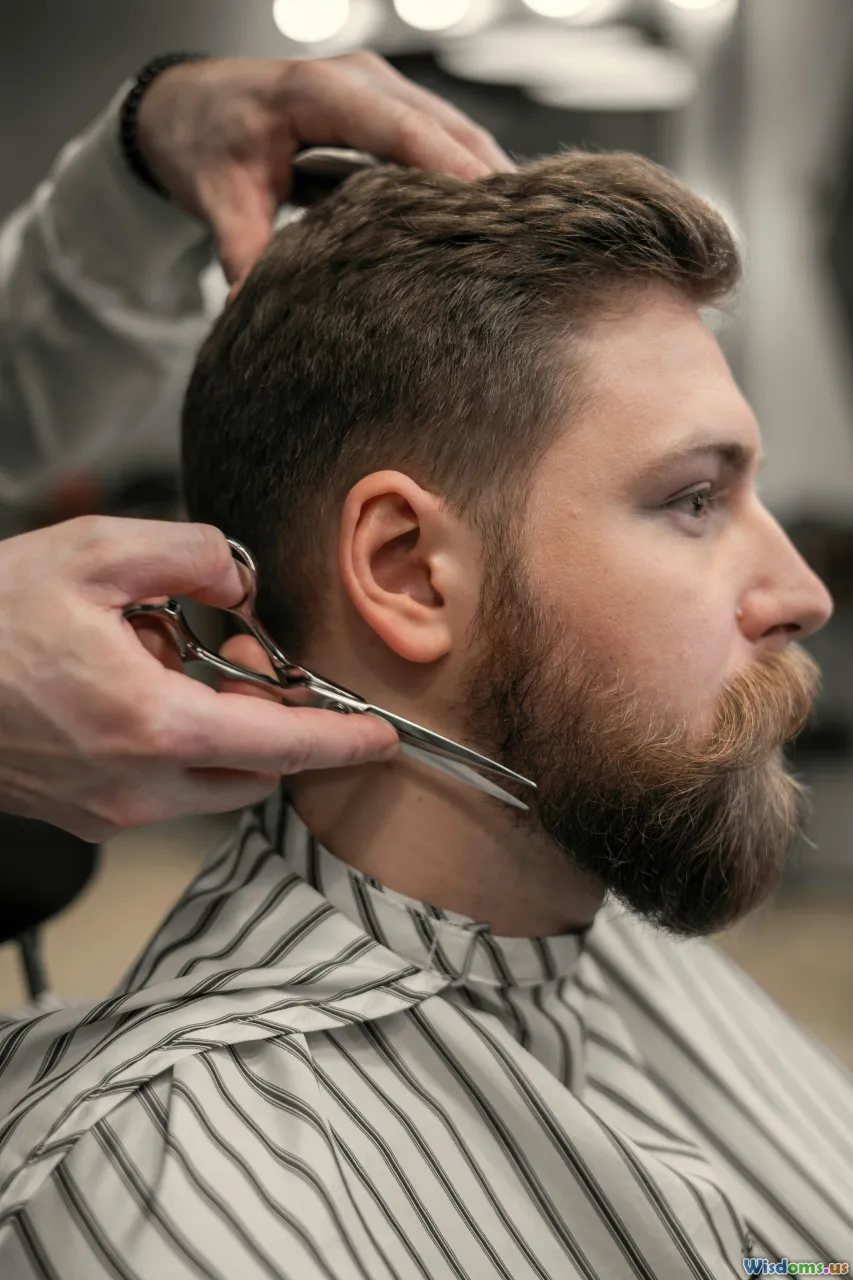
Using beard oil isn't rocket science, but applying it properly can enhance its effectiveness:
- Wash your beard — Use a mild beard shampoo. Avoid shampoos with heavy sulfates that strip oils.
- Towel-dry thoroughly — Slightly damp is best. Oil adheres more evenly to clean, semi-moist hair.
- Dispense a few drops — Start with 3–5 if your beard is short, 6-10 for a longer mane. Less is more!
- Work it through — Massage oil from root to tip and down to the skin. Use a beard comb or brush to distribute.
- Style as desired — The softened hair can now be shaped, and your beard will look fuller and neater.
Advice: Use daily or every other day. For patchy or short beards, use less oil to avoid a greasy look.
Beard Oil vs. Alternative Grooming Products
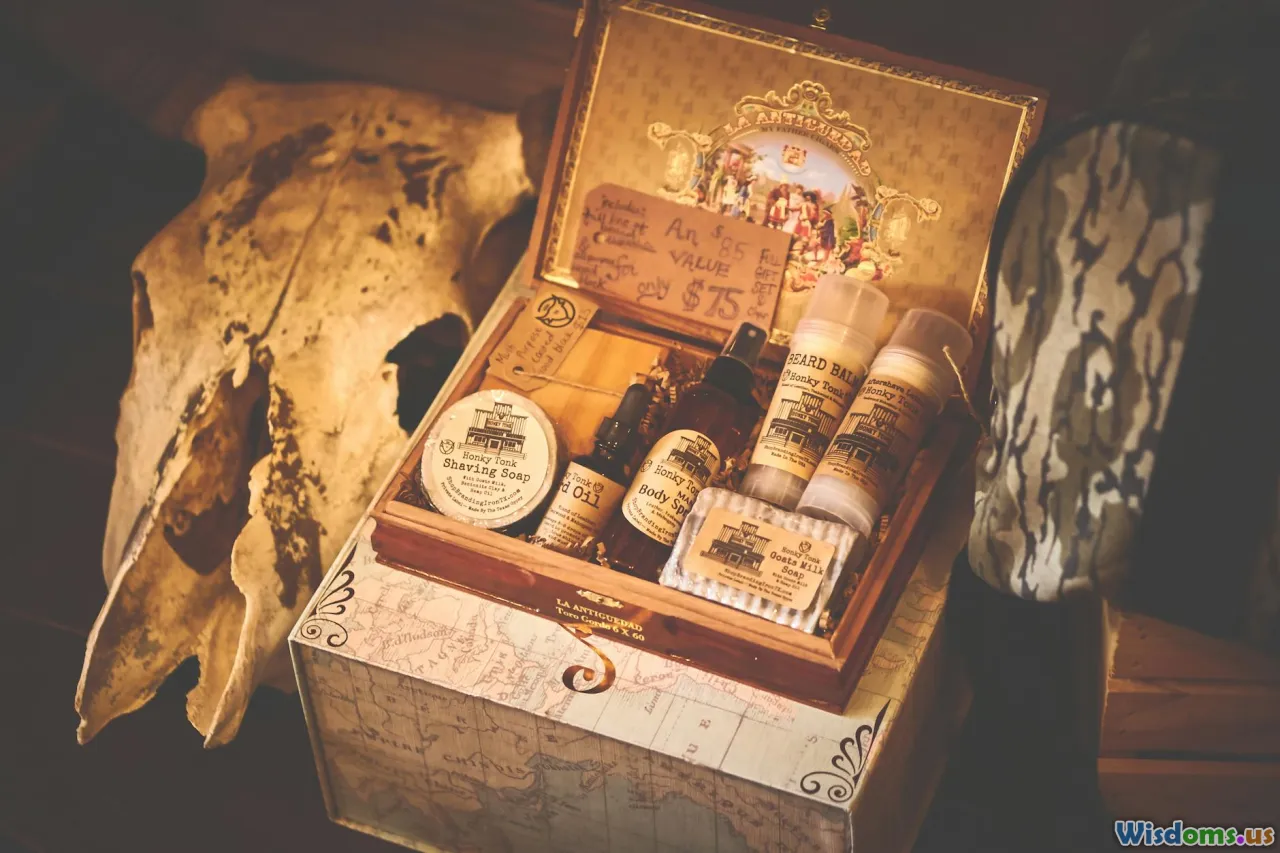
Do you need beard oil, or can standard facial moisturizers, coconut oil, or even aftershave balm do the trick?
Beard Oil vs. Beard Balm
Beard balm offers thicker coverage thanks to beeswax or shea butter. It helps shape unruly beards and offers wind or weather protection. Beard oil, meanwhile, is ideal for daily hydration.
Beard Oil vs. Regular Moisturizer
While facial moisturizers hydrate skin, they’re not tailored for coarse hair addressing beard-specific issues. Moisturizers might not penetrate thicker strands or may look shiny.
Coconut Oil: Blessing or Curse?
Pure coconut oil is deeply moisturizing but can feel heavy and comedogenic for some skin types. For many men with acne-prone skin, it can exacerbate breakouts compared to professionally balanced beard oil blends.
Expert Perspective:
Using products specially formulated for beards—like beard oil—means they have safer scents, textures, and pH levels, minimizing undesirable side effects.
Key Benefits: Is Beard Oil Worth Adding to Your Routine?

1. Improved Skin Comfort
Itchy, tight skin quickly becomes a thing of the past. Hydrated skin doesn’t flake or inflame easily, even as your beard grows longer.
2. Enhanced Beard Appearance
Shiny (not greasy) beards are more inviting and signal good grooming. Well-oiled hair is easier to comb and less prone to breakage.
3. Fragrance and Freshness
Many men enjoy the subtle scents beard oils impart—think rugged sandalwood, fresh mint, or a mysterious blend of amber and spice.
Success Story:
Tyrone, 28, says, "Having a neat, soft beard honestly boosts my confidence—especially at work. Beard oil is a small ritual that makes a big difference."
4. Healthier-looking Growth
While not magical, the reduction in split ends and dryness means the beard retains more length over time, helping maximize growth potential.
Tips for Choosing the Right Beard Oil

- Scan ingredient labels — Opt for oils with a short, readable list and natural scents.
- Consider skin type — Argan and grapeseed oil are lighter, better for oily or acne-prone skin. Coconut and jojoba are more emollient.
- Allergy awareness — Fragrance mixes and essential oils can cause rashes for some. Always patch-test before widespread use.
- Size and price — Quality oils usually run $12–30 for a small bottle, which can last several months if used in moderation.
Pro Move: If you enjoy DIY, try blending your own oil at home—just ensure your essential oils are diluted to skin-safe proportions (usually less than 2% total volume).
Who Should—and Shouldn’t—Use Beard Oil?

Beard oil isn't universally required for every man:
- Ideal Candidates: Men with medium-to-long beards, patchy beards that grow dry, or those who lack natural sebum (often seen in mature or older men). Also, anyone seeking better beard appearance and comfort.
- Neutral Cases: Men with oily, resilient skin and short beards might go without and not notice discomfort—though a little oil for shine can't hurt.
- Caution: Anyone with a history of contact dermatitis or strong allergies to fragrances should proceed with care, using unscented variants or consulting a dermatologist first.
Laundry List:
- If your beard gets itchy, flaky, tangled, or lacks lustre, beard oil is a low-commitment fix worth trying.
- If your skin handles regular moisturizers just fine, and your beard is always soft and manageable, you may have little to gain.
The Bottom Line: Hype vs. Reality

Modern beard oil isn't snake oil; it's a targeted solution born of centuries of tradition, upgraded for contemporary life. If beard itch, flakiness, or unruly hairs have been problematic, beard oil can transform your grooming experience—making your beard softer, skin more comfortable, and confidence a notch higher.
Ultimately, as with any grooming product, results depend on your hair and skin type, personal preferences, and overall routine. For the average bearded man, especially those pursuing fuller or longer styles, beard oil is not just a trend—it’s a practical, beneficial addition. Its positive effects may not be instant or magical, but for millions, they're certainly real and worth the modest investment.
So next time you catch sight of your reflection, ask yourself: isn’t a beard worthy of its very own crown jewel?
Rate the Post
User Reviews
Popular Posts












